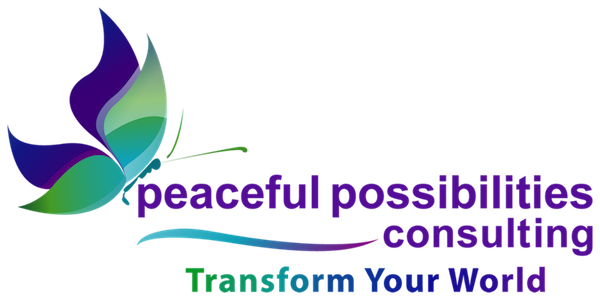A reader recently asked a couple of questions in the comment section of a blog post. The reader wanted to know if there are any times when it is not alright to set up a systemic constellation. As well, there was a question related to how the facilitator finds out if the constellation did some good. Every facilitator comes with a different background of experiences and training and it is up to the facilitator to know their own limitations. Facilitator’s are encouraged to engage in their own systemic healing work to reduce the impact of personal, professional or collective blind spots in constellations that may limit their capacities as a facilitator. I work through a body focused integrative and transformational approach not a therapeutic approach. My client waiver asks the individual if they are currently in psychotherapy with another practitioner, whether they have recently been hospitalized for mental illness or whether they are currently taking any psychotropic medicine. The facilitator needs to use practical discernment and judgement to decide if the individual will be able to emotionally take in the systemic constellation. I would want to discuss any of these situations with the individual before making a decision to work with them or not. I would not set up a constellation for someone who is experiencing psychosis or any active or heightened paranoia. If a client is in therapy for a heightened experience of PTSD from current life events, that would limit work. As with any systemic constellation, the facilitator feels into their own body to sense whether there is approval to work with the individual or not, also whether there is any resistance to a constellation from the greater knowing field, which includes the ancestors of the client and the ancestors of the facilitator. If it seems appropriate to set up a systemic constellation, and energetic movement in the constellation continues in the highest interest of the client, and the client is able to take in the emotional body focused experience, then the systemic constellation can continue. A facilitator has to have the courage to stop any systemic constellation that is not in the highest interest of the client and that courage comes through practice and experience.
With regards to feedback, every facilitator works with clients in different ways. Some facilitators work in medical or psychological models and they may see the client/patient on a regular follow up basis. Within my transformational model, the client’s intention guides the session. In my practice, body focused systemic constellations are integrated with other energy practices, and as facilitator, I am a guide and navigator. I have no agenda for the integrative wellness work and the outcome of the work moving forward is in the hands of the client. I honour the autonomy of the client and their systemic field and the client takes responsibility for their own wellbeing. The client leaves the transformational work space and goes out into the world with new insight, different perspectives and fresh inner images. They have energy boundary work to practice. They are to fill a toolbox with self-soothing, self-care, self-parenting and self-love tools for themselves. They are to step out of living in agency with others. As facilitator, I am not attached to the outcome. Many client’s provide a few email lines of feedback or ask some questions, and feedback can be derived in that way. Some client’s carry on with life and as a new issue arises, they request a follow up session later and feedback is derived in that way. The outcome is left in the energetic field of the client where it should be. In other words, once the systemic constellation and the session comes to completion, the facilitator steps out of the field of the client and their ancestors. The facilitator does not belong in that field. When a facilitator remains in the field of the client, feeling that they have to fix something for the client or feeling that they have to do more, not allowing the client to live their own fate, that is a dangerous energetic position and the facilitator will become emotionally unwell over time. This indicates a wounded healer and that model is not in the best interests of the facilitator or the client. The wounded healer is in service to themselves, they seek healing through their work with others. A healthy healer is in service to others. As mentioned above, the facilitator needs to work through their own current life trauma and transgenerational trauma. Interestingly, I am near completion of my doctoral studies on the systemic healing transgenerational trauma and as part of the research I interviewed one client to get extensive feedback and sent out a retroactive feedback survey to a number of other clients and the results were fascinating. I hope this is helpful to you moving forward…Patricia







































